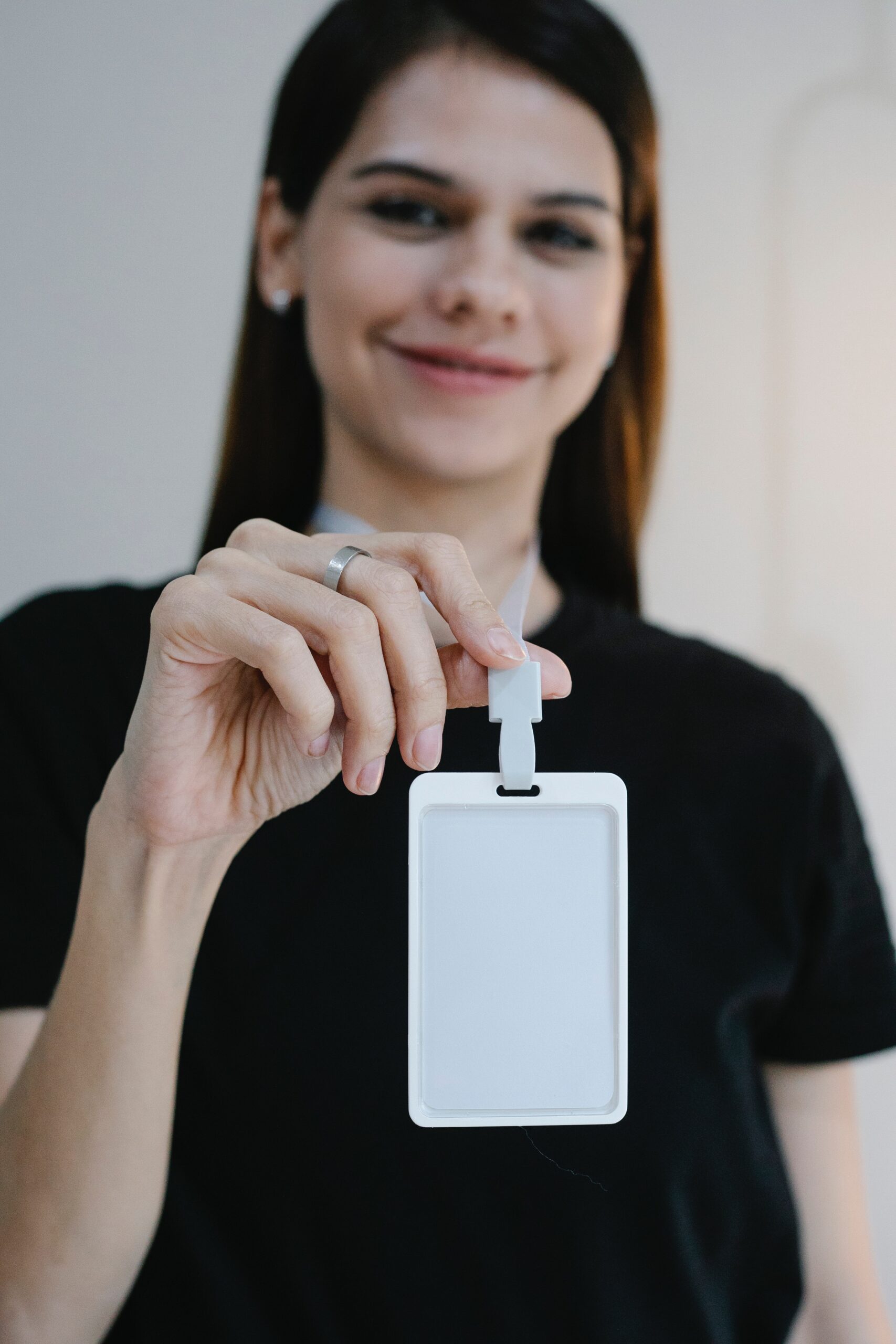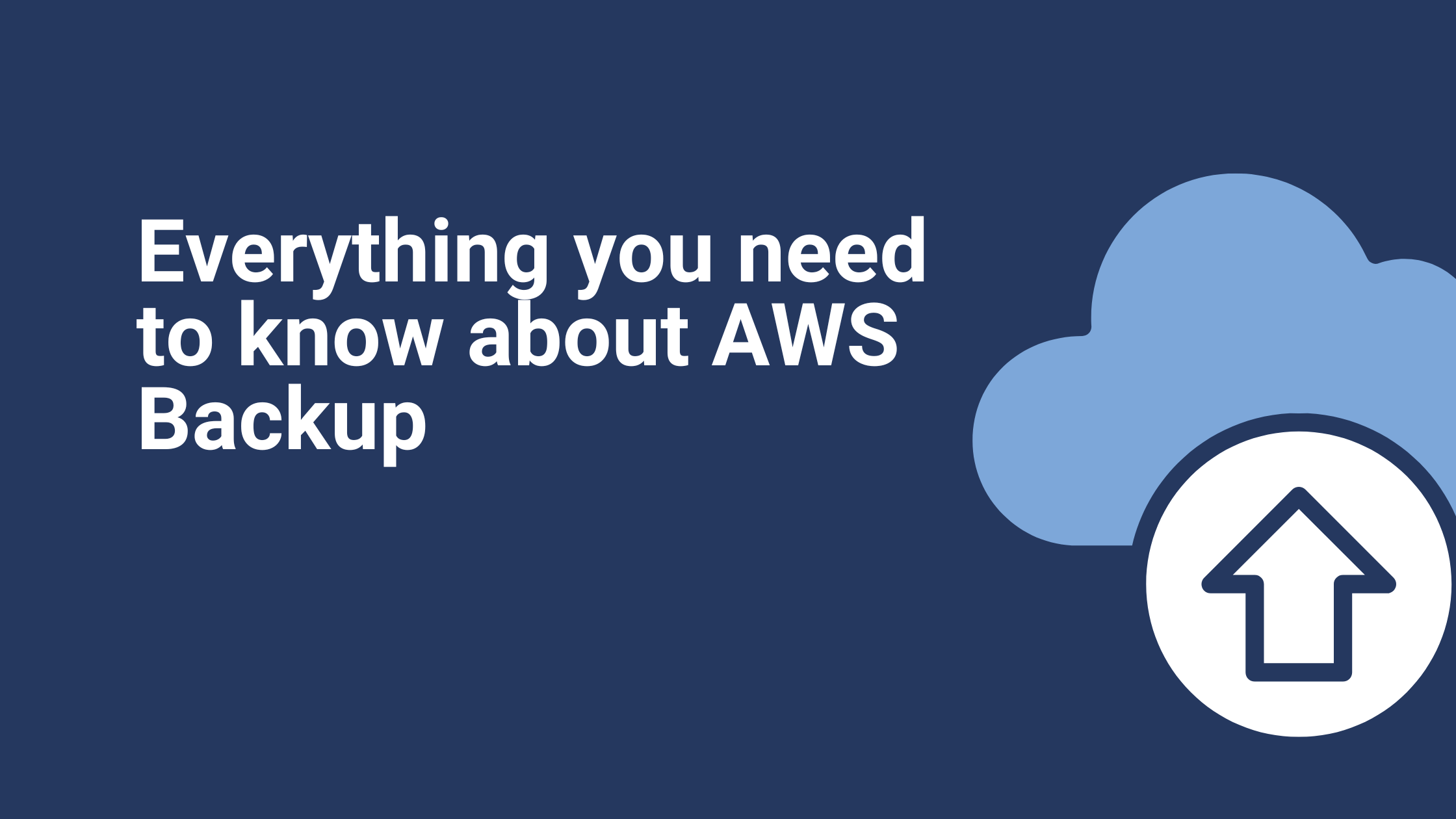SOC 2 – What you need to know
Summary: Every organization is concerned about information and data security. This includes those who outsource key activities to third parties (such as SaaS, and cloud providers). An audit of SOC 2 ensures that your service providers secure your data and protect your organization’s interests and the privacy of your clients. When reviewing SaaS providers, compliance with SOC 2 is a minimum requirement for security conscious businesses.
What is SOC 2 compliance?
SOC 2—Service Organization Control 2—is an audit that addresses a service organization’s controls for data protection and privacy. Developed by “AICPA, American Institute of Certified Public Accountants” to establish an auditing standard that meets the continuing trend of cloud computing. SOC 2 is designed specifically for service providers that store customer data in the cloud. This means that SOC 2 applies to almost all SaaS companies, as well as all companies that use the cloud to store their customer information.
Prior to 2014, cloud service providers only had to meet SOC 1 compliance requirements. Now, any business that stores customer data in the cloud must meet SOC 2 requirements to minimize risk and exposure to that data.
Why do companies rely on SOC 2?
A SOC 2 is considered one of the most conscientious reports that exist to date, which means that any company that has gone to the lengths to complete one takes security seriously. It is also the most accepted relationship when doing business with US-based companies. Completing a SOC 2 also suggests that your organization has set the right standards for the future. A SOC 2 framework doesn’t just let you check the boxes and highlights your due diligence, it sets your company apart from others for future data issues. Simply put, a SOC 2 builds trust with customers and partners, especially those with strong security requirements. Show venture capitalists that you have the right protections in place and that you are serious about protecting their investments and you will be rewarded. In most cases, if you don’t have a SOC 2, there’s a good chance companies won’t do business with you.
What are the five Trust Service Principles of SOC 2?
SOC2 defines the criteria for managing customer data according to five “Trust Service Principles”.
The five principles of trust are:
- Security: This is probably what most people think of when they think of SOC 2 compliance. Security determines whether systems, software, and information are protected against unauthorized access, loss, or other events that may affect availability, integrity, or confidentiality.
- Availability: Usually reflected in a service level agreement (SLA), this relates to the organization’s ability to keep its software operational.
- Processing Integrity: This principle of trust indicates whether systems and software produce valid and accurate results based on the organization’s objectives and offerings.
- Confidentiality: Confidential information that your organization receives remains confidential and is not disclosed.
- Privacy: Personal information is used in accordance with organizational purposes, such as in accordance with the organization’s privacy policy.
How dependable is a SOC 2?
SOC 2 requires long and continuous internal regulations to ensure customer data protection. This instills best practices from the start, which then creates better business opportunities. Going through the process of a SOC 2 shows your customers how serious you are about long-term security. These days cloud software companies have probably noticed security reviews, compliance, and certification requirements like the SOC 2 have become more complex even as they become more common. Think about it from the customer’s perspective. When doing business with cloud service providers, they often send sensitive information that they would not like to disclose. Once this information is submitted, it is entirely dependent on security controls and processes of the receiving entity. A breach will not only affect our customers, it will also affect their customers, partners, suppliers and/or employees. The stakes are high, and companies are becoming more sophisticated in the questions they ask of cloud as a platform and SaaS providers that work in that space.
Do I need a SOC 2 Type I or a Type II report?
SOC 2 Type I – this report answers the question of whether your company’s internal controls are designed appropriately to meet your customer commitments related to the Trust Services Categories and Criteria. This report is based on a point-in-time and generally has a very low burden of producing technical evidence of control implementation.
SOC 2 Type II – this report answers the question of whether your company hires background check control is suitably designed. You will be asked to provide proof of a single new hire or new employee that had a completed background check and/or the policy/procedure documentation that prescribes this control. Whereas, in a SOC 2 Type 2, you will be asked to provide evidence for all or a sample, e.g., 25, of new employees that had background checks completed during your reporting period.
Summary: A Type I report requires much less work and effort, relative to a Type II, but savvy readers of the reports will recognize the difference in assurance each report correspondingly provides. Many companies may use a Type I report on the compliance maturity journey prior to a Type 2 report, but this is not a requirement. However, if you are starting with a Type I SOC 2, you may also need a Type II report. Enterprise customers often seek the strength of SOC 2 Type II reports.
SOC 2 REPORT TYPES
Type I describes the organization’s systems and whether the system design complies with the relevant trust principles. It is categorized in three ways:
- Speed – Collect data for one day
- Strength – Shows you understand the necessary security procedures
- Cost – If you start with Type I, you must also undergo Type II
Type II details the operational effectiveness of these systems.
- Speed – Collect data for 3-12 months.
- Strength – Shows that you follow the necessary security procedures.
- Cost – If you think you will eventually need Type II, it is most cost effective to start directly on Type II.
Ibexlabs is your perfect solution for SOC 2
Ibexlabs is an AWS Advanced Tier Consulting partner with multiple competencies such as Security, DevOps, Healthcare, and MSP. We are a team of passionate, technical, and motivated engineers who help customers accelerate their cloud journey. We keep your infrastructure secure and follow industry best practices. IbexIabs is your perfect partner to obtain SOC 2 certification; we are experts in SOC 2. We’ll guide you throughout the process and help you tailor your security monitoring and compliance to meet your needs. Ibexlabs ensures that your company’s information security measures are in line with the unique parameters of today’s cloud requirements. As companies increasingly leverage the cloud to store customer data, SOC 2 compliance is becoming a necessity for a wide range of organizations. With Ibexlabs you will quickly achieve this important certification.









